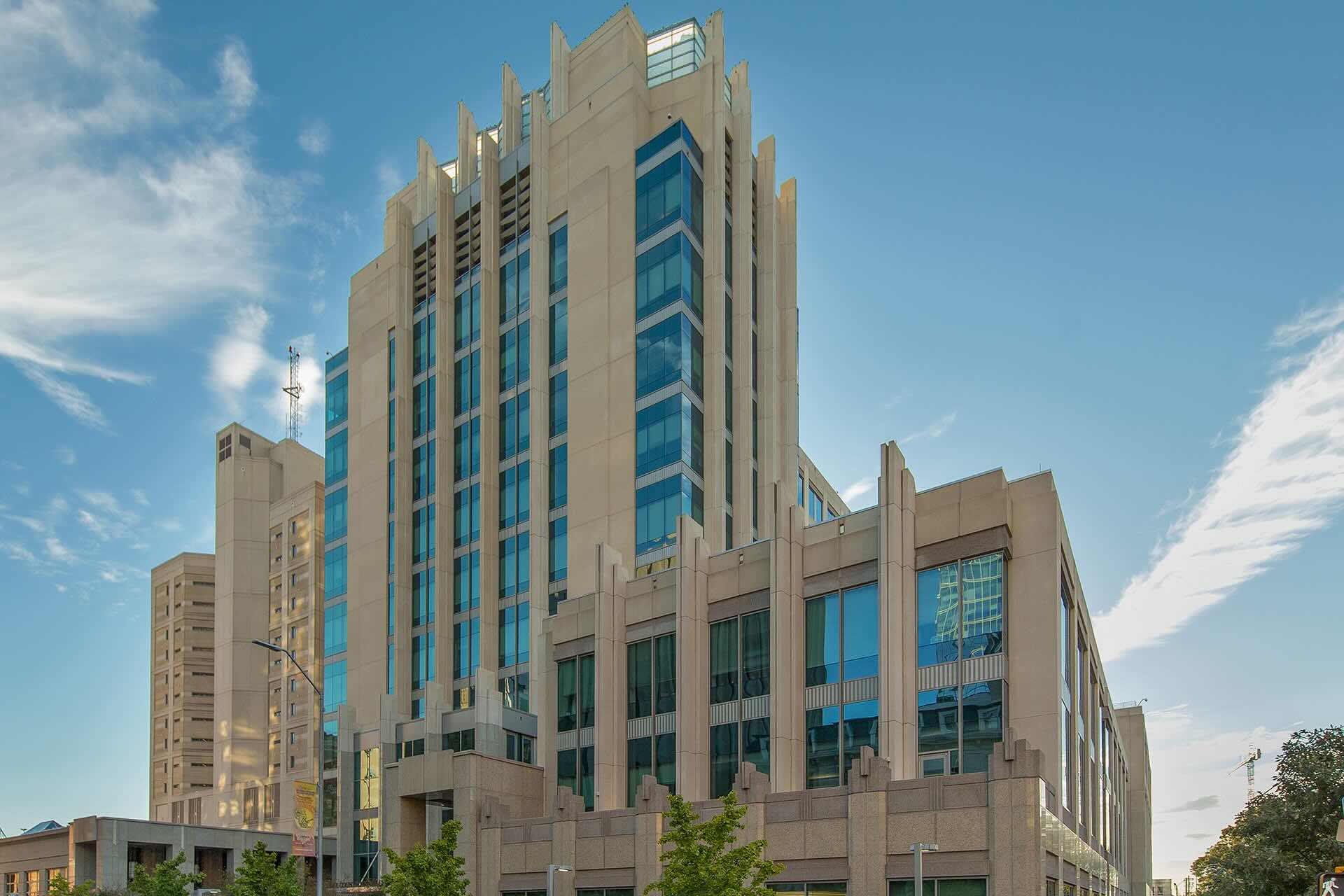
Pre-Trial Driving
Limited Driving Privileges
Almost everyone charged with a DWI in North Carolina will immediately have his driver’s license taken and be subject to a thirty-day “civil” revocation of his privilege to drive.
In most cases, a person charged with a DWI is entitled to a pre-trial limited driving privilege (ldp) after the first 10 days of the 30-day civil revocation. But when the statute allows for the issuance of a pre trial ldp, it is in the judge’s discretion whether to issue it.
How To Qualify For Pre-Trial Driving
In order to be eligible for a pre-trial ldp, a person who statutorily qualifies for one must:
- Obtain a substance abuse assessment from a recognized agency Click Here
- Enroll in an agency’s recommended treatment
- Obtain a DL 123 insurance form
- Obtain a certified copy of his driving record
In Wake County, the procedure to obtain a pre-trial ldp that should take one day, takes two. On the expiration of the ten-day period of non-operation, the petitioner for the ldp or his lawyer, must file the petition and serve it on the District Attorney. The next day, the petitioner or his lawyer must appear in court with the ldp and all the documentation establishing that the petitioner is truly eligible for the pre-trial ldp. Upon the judge’s signing and issuance of the ldp, the petitioner or his lawyer must pay the clerk the statutory fee for the clerk to release the ldp back to the petitioner or his lawyer.
The Civil Revocation
The 30-day suspension of your driver’s license that is imposed upon being charged with DWI is called a civil revocation. This innocuous-sounding name is anything but. The state manages to avoid having DWI’s dismissed on the basis of double jeopardy by calling the pre-trial thirty-day punishment that is the license revocation a “civil” revocation (it’s civil; not criminal; therefore not a punishment). The appellate courts have bought into this lie too; so, in North Carolina, everyone charged with a DWI whose license is taken for thirty days and then faces the second punishment associated with the DWI itself is not being punished twice… because the courts say so.
Upon the expiration of the thirty day “civil” revocation, the accused may retrieve his license from the Clerk of Court having first paid the statutory fee. Thereafter, the accused may resume driving as normal.

